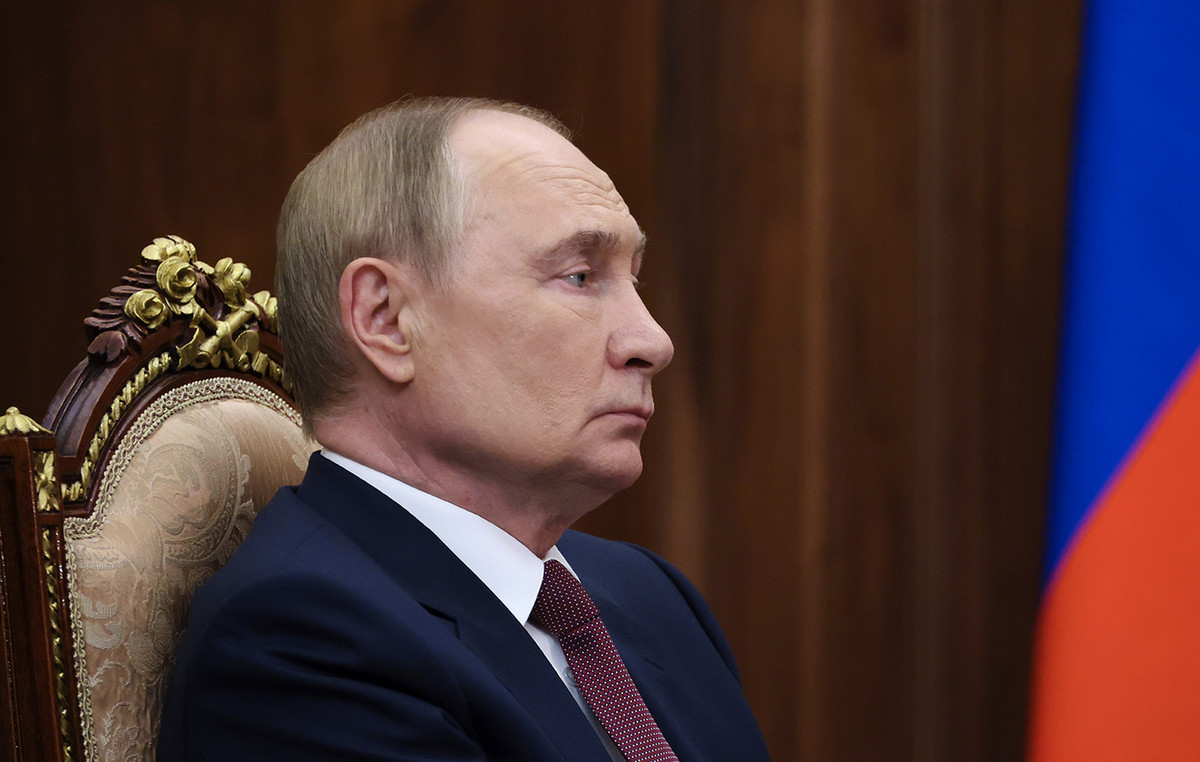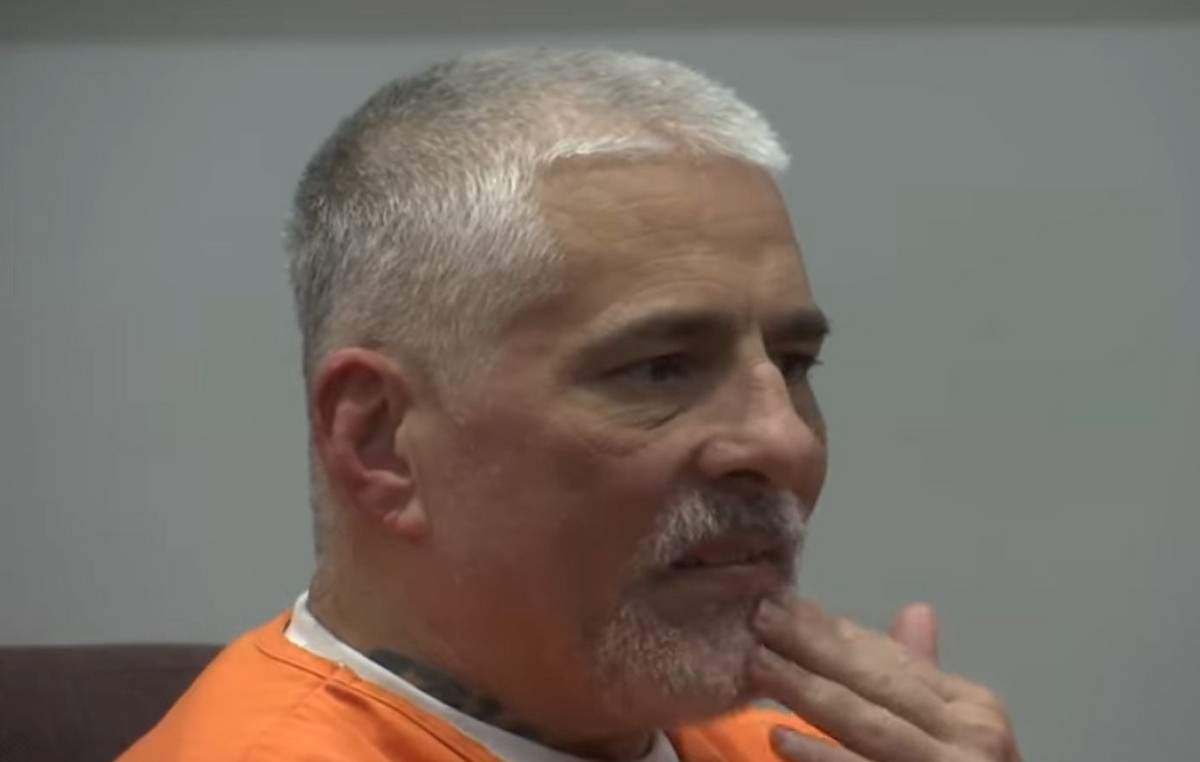The federal government edited this Wednesday (18) a Provisional Measure that clarifies the rules on tax credits applied to fuel producers and resellers in Brazil.
The text that defined new rules for the calculation of ICMS on diesel and which provided for exemption from PIS/Cofins on fuel left doubts about the treatment of tax credits. The MP clarifies how these credits will work after tax exemption.
The decree suppresses a part of art. 9 of the Complementary Law, which deals with the maintenance of PIS, Pasep and Cofins credits linked to the sale of diesel oil, biodiesel, liquefied petroleum gas (LPG, or gas cylinder) and aviation kerosene.
Previously, the maintenance of credits from the sale of these fuels was “guaranteed to legal entities in the chain, including the final purchaser (buyer)”, according to the article.
Now, the new MP makes it clear that sales made at a zero rate guarantee the maintenance of the credits linked to these operations only by the sellers.
According to economist Murilo Viana, a specialist in public finance, there was a doubt whether, with the PIS/Cofins exemption on diesel and gas, fuel distributors could still enjoy the tax credit related to these taxes.
“What the MP does is to clarify that, with the zero rate, there is no use of the PIS/Cofins tax credit for buyers in the subsequent stages of the production chain. This issue was creating legal uncertainty, which could lead to legal challenges and possible tax risks. Now the government clarifies that specific point,” she says.
The Ministry of Economy reinforced that the edition of the MP aims to increase legal certainty in the relations between the public administration and taxpayers, not causing a tax impact.
“With the edition of the MP, the federal government reiterates its commitment to legal certainty, consolidation and clarity of national legislation, as well as to economic recovery, generation and maintenance of jobs”, declared the ministry, in a note.
Economist Murilo Viana adds that companies were no longer enjoying this credit, precisely because of the lack of clarity on the issue.
“Therefore, there is no impact on final prices for the consumer. It’s not that companies were taking advantage of credit, they were at a lower cost, and now they stop taking advantage of credit and the cost increases. In the midst of legal uncertainty, companies already had difficulties in taking advantage of credit, so now it will hardly have an impact on cost and price”, he adds.
Source: CNN Brasil
I am Sophia william, author of World Stock Market. I have a degree in journalism from the University of Missouri and I have worked as a reporter for several news websites. I have a passion for writing and informing people about the latest news and events happening in the world. I strive to be accurate and unbiased in my reporting, and I hope to provide readers with valuable information that they can use to make informed decisions.







